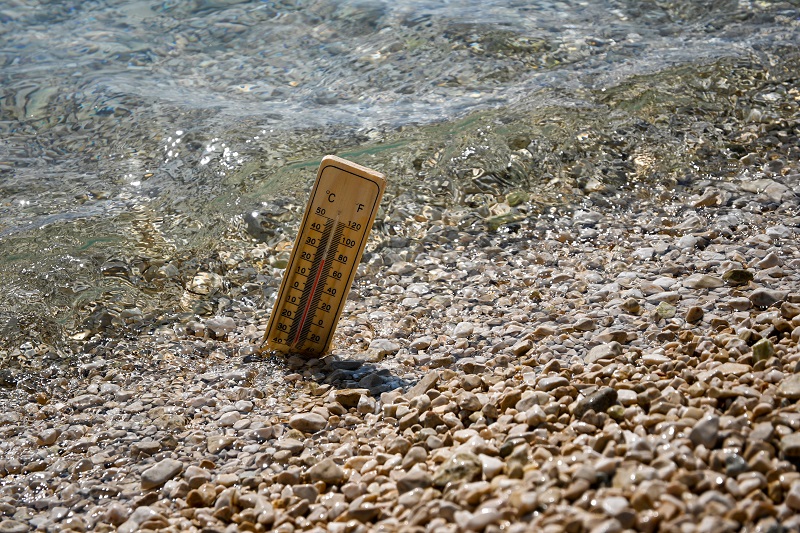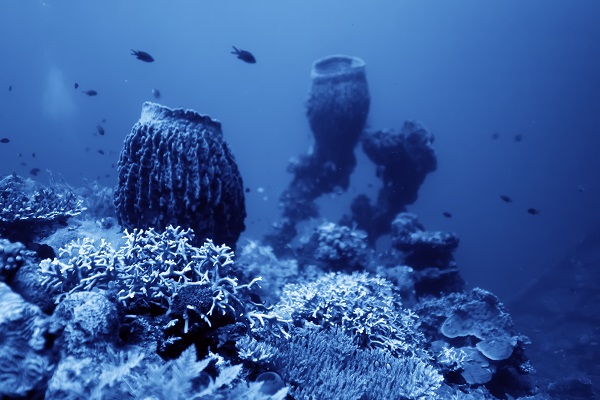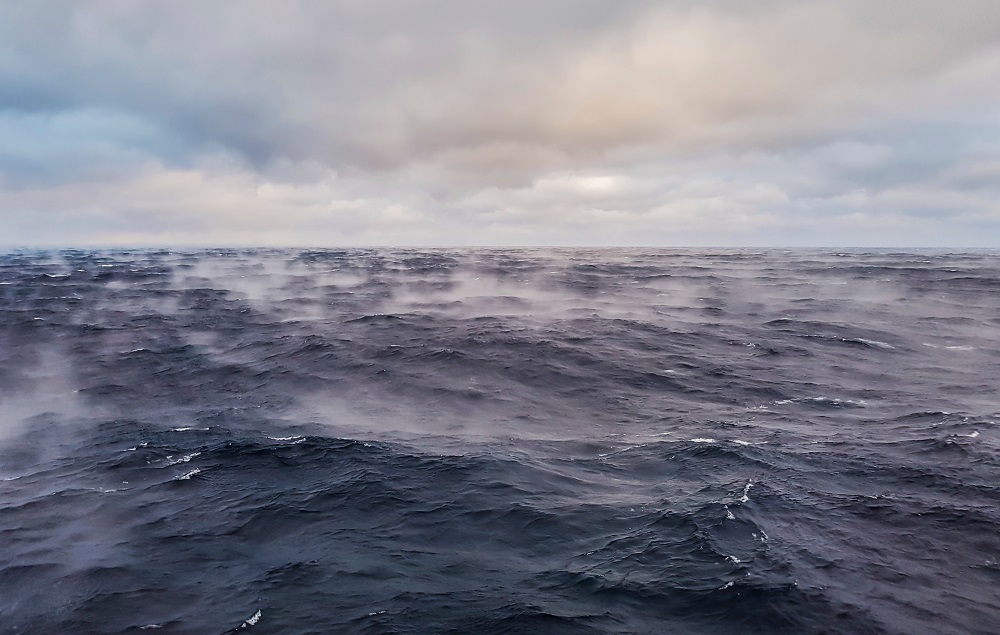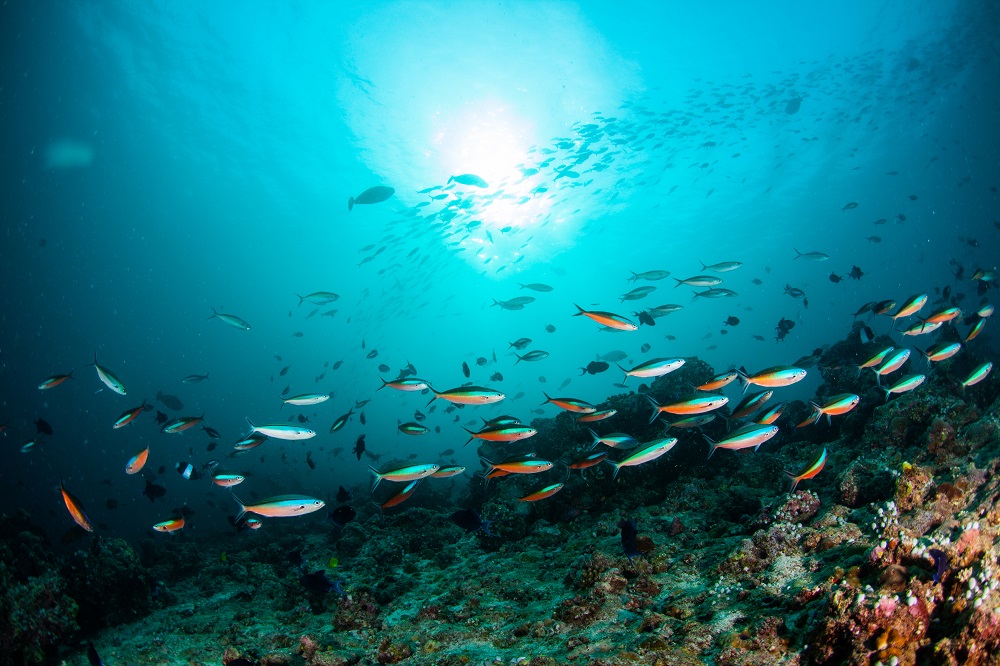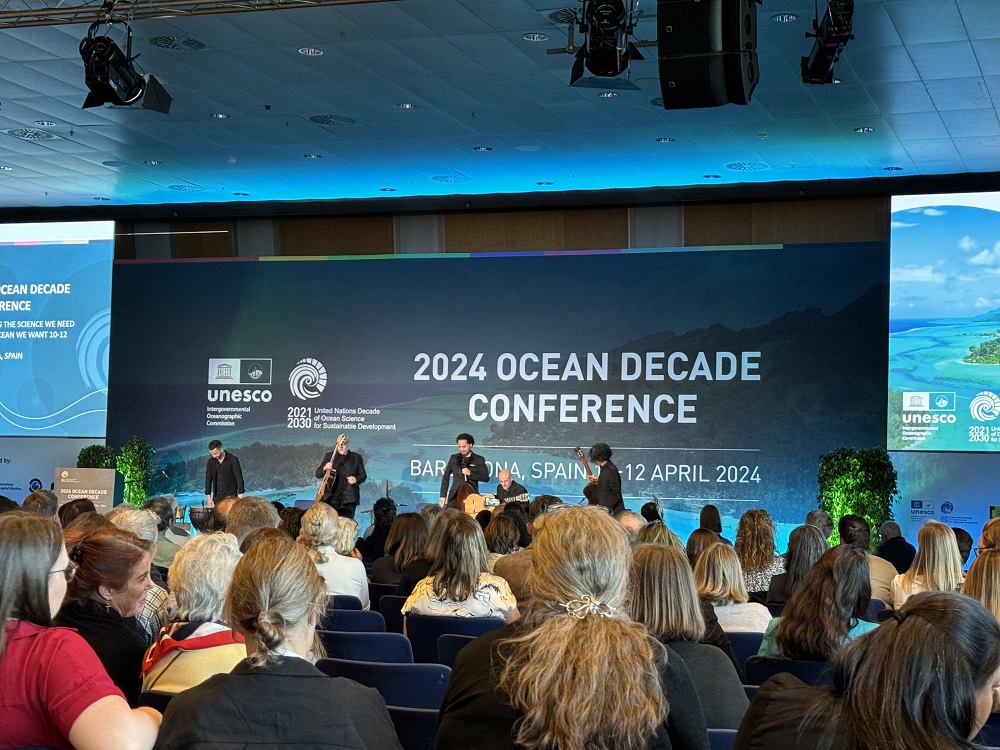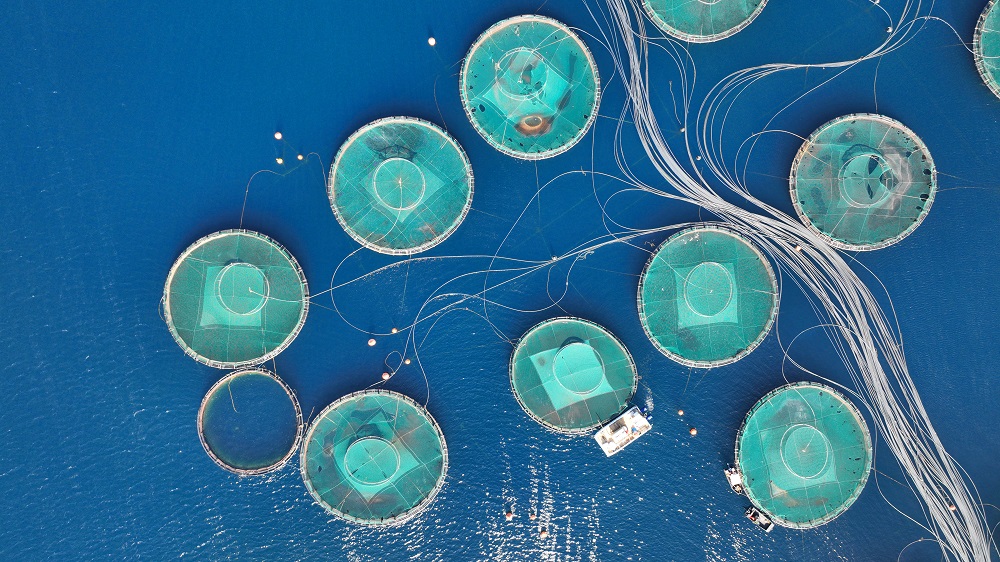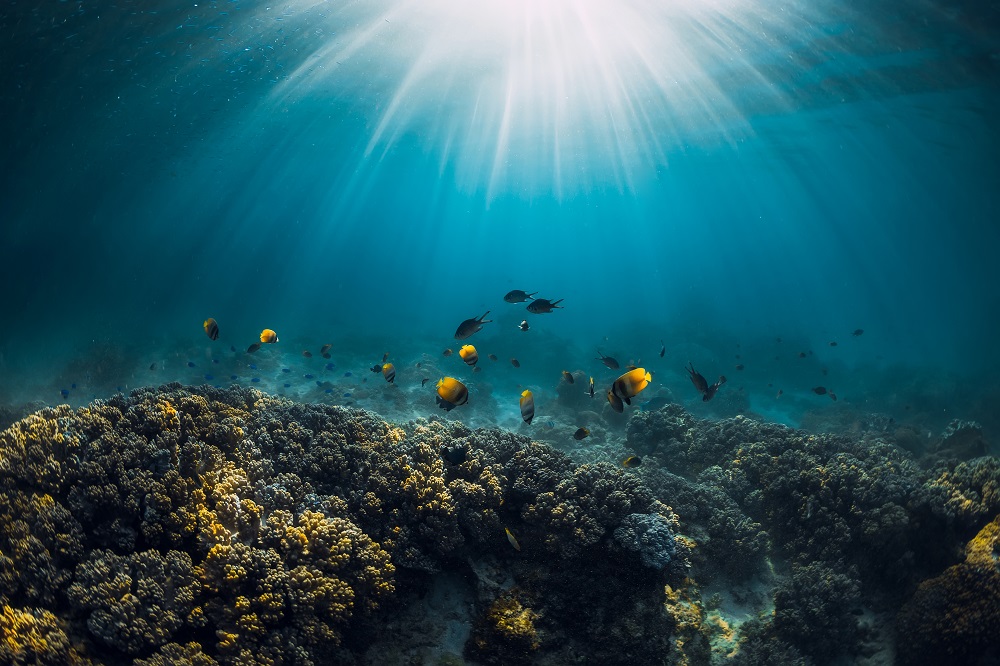There is an abundance of ideas, but they are meaningless as long as political will is insufficient or absent. This is our urgent task—if our present efforts and initiatives to stabilise the ocean as a system are failing, then what? And what does this mean for the possibility of—and transition to—a more sustainable, balanced and equitable relationship with the ocean?
The ongoing shocks and disruptions from the second Trump administration to the global political and economic order, to progress on climate change, the environment and the ocean, and to axed or suspended funding from public and private sources in the US threaten to derail the precious momentum for change that has been building.
Nevertheless, with a sense of cautious optimism, we must explore and celebrate the many initiatives, big and small, top-down and bottom-up, to restore and regenerate ocean health, implement ocean solutions to climate change, transition sectors and industries to lower carbon emissions and nature-positive practices, assess new materials for plastics, and offer paths to scaling financing for ocean resilience—in short, the opportunities presented by the sustainable use of the ocean.
Let 2025 be not just another footnote in the slow decline of ocean health but the wake-up call that prompts us to arrest it.

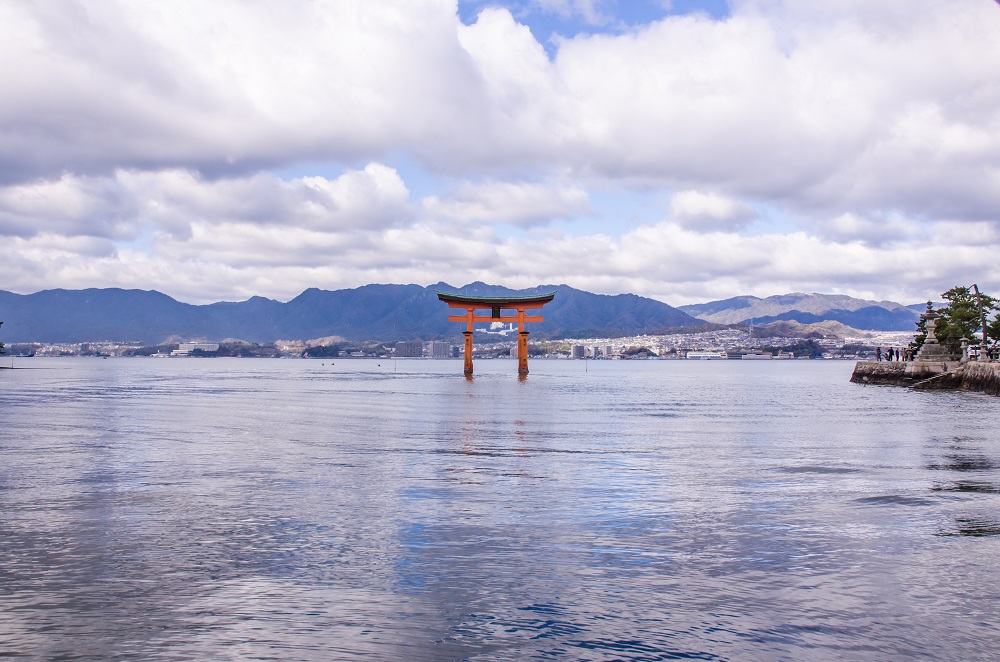

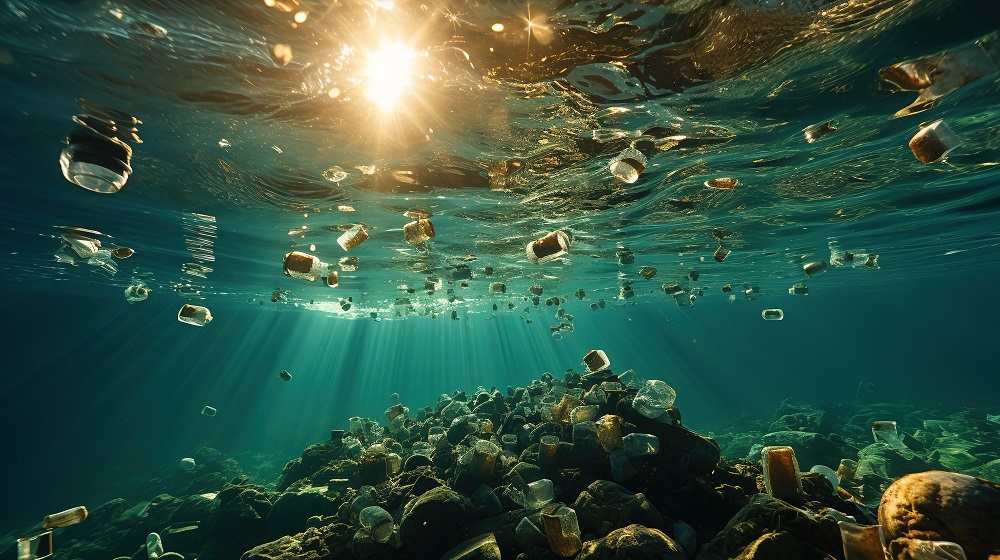

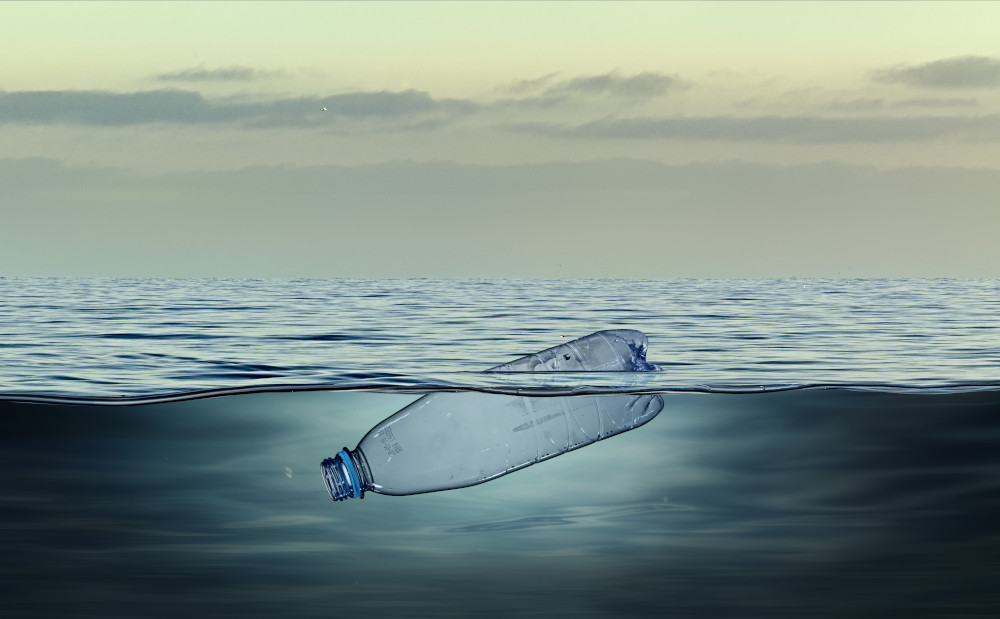



 The scourge of untreated wastewater
The scourge of untreated wastewater Slowing
the chemical tide: safeguarding human and ocean health amid
chemical pollution
Slowing
the chemical tide: safeguarding human and ocean health amid
chemical pollution Hazardous chemicals in plastics - the discussions at INC
Hazardous chemicals in plastics - the discussions at INC








